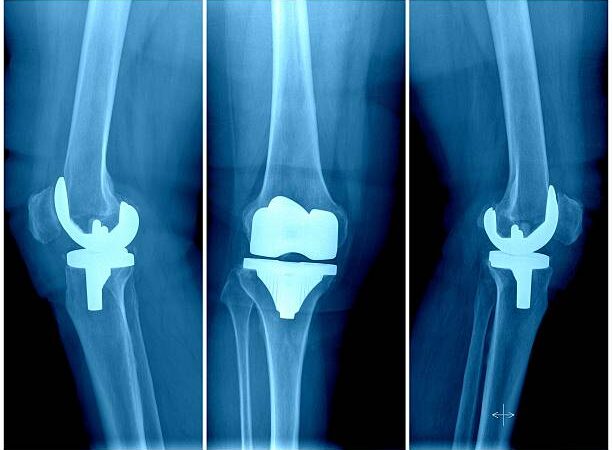Frequent Exposure to Paraquat
Frequent exposure to paraquat can cause a number of health problems, including an increased risk of Parkinson’s disease, skin cancer, and reproductive health. However, not all of these effects are immediately apparent, and the symptoms are often misdiagnosed. It is therefore important to seek a second opinion to get a proper diagnosis. If you suspect that paraquat exposure is the cause of your symptoms, you may be entitled to compensation.
Increased risk of Parkinson’s disease due to repeated exposure to paraquat
Paraquat is a common herbicide, and repeated exposure to it can increase your risk for Parkinson’s disease. It affects the dopaminergic neurons in the substantia nigra pars compacta, a region that is very sensitive to oxidative stress. Because it generates a large amount of oxidants, paraquat has been linked to increased risk for Parkinson’s disease. However, it has not been understood exactly how paraquat produces these oxidants.
Paraquat, also known as Gramoxone, is extremely toxic. One sip of this chemical can kill an adult. While it is banned in the United States and the European Union, it is still widely used in Asia. It can cause lung fibrosis and even death in high doses. It is not uncommon for farmworkers to suffer from severe health problems after repeated exposure.
Carcinogenic effects of paraquat
Exposure to paraquat can have a range of effects on the human body, but its highest burden is attributed to the olfactory bulb, which regulates smell. Exposure to paraquat results in concentrations in the lung and kidneys that are detectable for four weeks, though the effects on olfactory function may persist months after exposure. In addition, males exposed to paraquat are more likely to develop olfactory impairments than females.
Exposure to paraquat can also lead to gastrointestinal symptoms such as nausea, vomiting, and low blood pressure. It can cause lung damage and even death in humans with high exposures. The most common symptom of paraquat poisoning is vomiting, but it can also cause diarrhea, esophageal strictures, and lung damage.
Effects of repeated exposure to paraquat on skin
Repeated exposure to paraquat can lead to skin irritation, sensitization, and ulcerations if skin is not protected from the chemical. This chemical is highly toxic and may lead to severe side effects for people with intact skin and those who have weakened immune systems. It is a serious concern for people who live or work near areas where paraquat is used. To help prevent the effects of repeated exposure to paraquat, it is best to wash the skin thoroughly after exposure. In addition, it is necessary to treat broken skin and superficial burns. For people who are working around paraquat, it is recommended that stricter precautions be implemented, including the requirement of protective clothing.
The effects of repeated exposure to paraquat on skin can be fatal in the long-term, particularly if the skin is not intact. The chemical can also be inhaled and cause lung damage. The effects of repeated exposure to paraquat are dependent on the route of exposure, the amount of exposure, and the time of exposure.
Effects of repeated exposure on reproductive health
Paraquat is a nonselective contact herbicide that is toxic to mitochondria, the powerhouse organelles of cells that regulate metabolism, development, lifespan, and reproduction. Since mitochondria carry multiple copies of the genome, exposure to paraquat can affect the physiology and gene expression of mitochondria over several generations. These effects may explain how repeated exposure to paraquat may affect reproductive health.
Paraquat is easily mixed into food and beverages and is poisonous when ingested. However, workers spraying the chemical often don’t experience symptoms until several years after exposure. Exposure to paraquat during long periods of time can cause a range of health problems, ranging from gastrointestinal and skin irritation to severe lung damage and death.
Compensation available for victims of paraquat poisoning
Compensation is available for individuals and their families who have suffered from frequent exposure to paraquat poisoning. While there are no proven treatments for paraquat poisoning, victims can take pre-hospital treatments, which may include activated charcoal, Fuller’s earth, or other substances that bind paraquat. If you suspect you have ingested paraquat, it is important to contact your physician right away. Pre-hospital therapy may include removing any clothing you may have worn while exposed.
The amount of compensation victims can receive is based on their exposure levels, severity of their illness, and the potential financial loss they’ve suffered. The compensation they receive may also depend on how much time they’ve spent recovering from paraquat poisoning, the amount of pain and suffering they’ve endured, and the amount of lost earning capacity. The manufacturers of chemical herbicides have a responsibility to ensure that their products are safe and warn consumers about the risks they pose. If they failed to do so, they may be in violation of the law.





